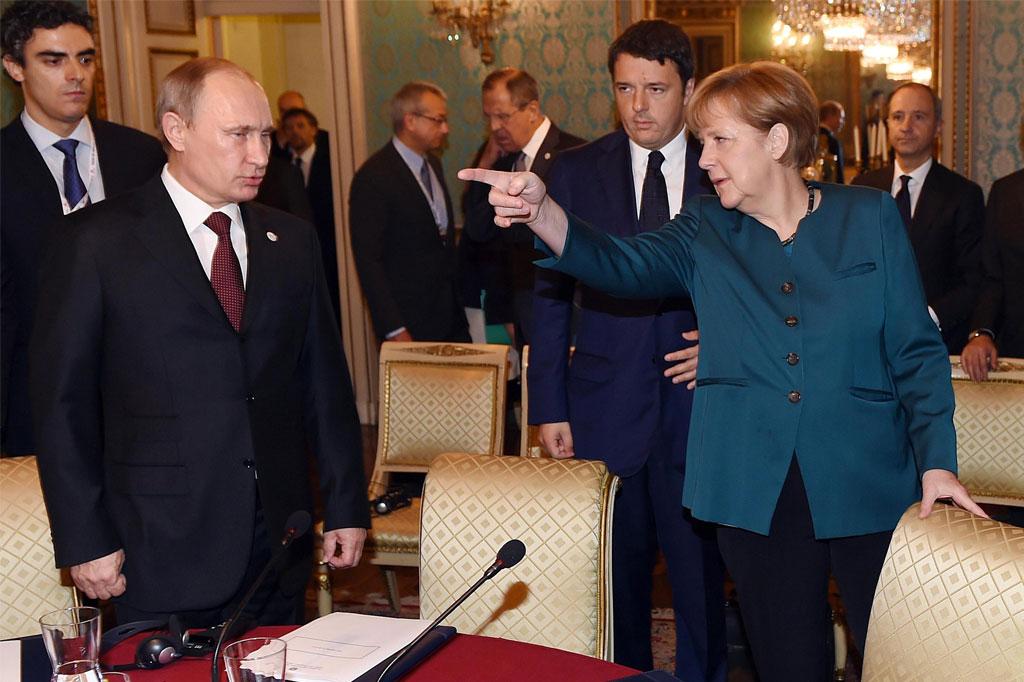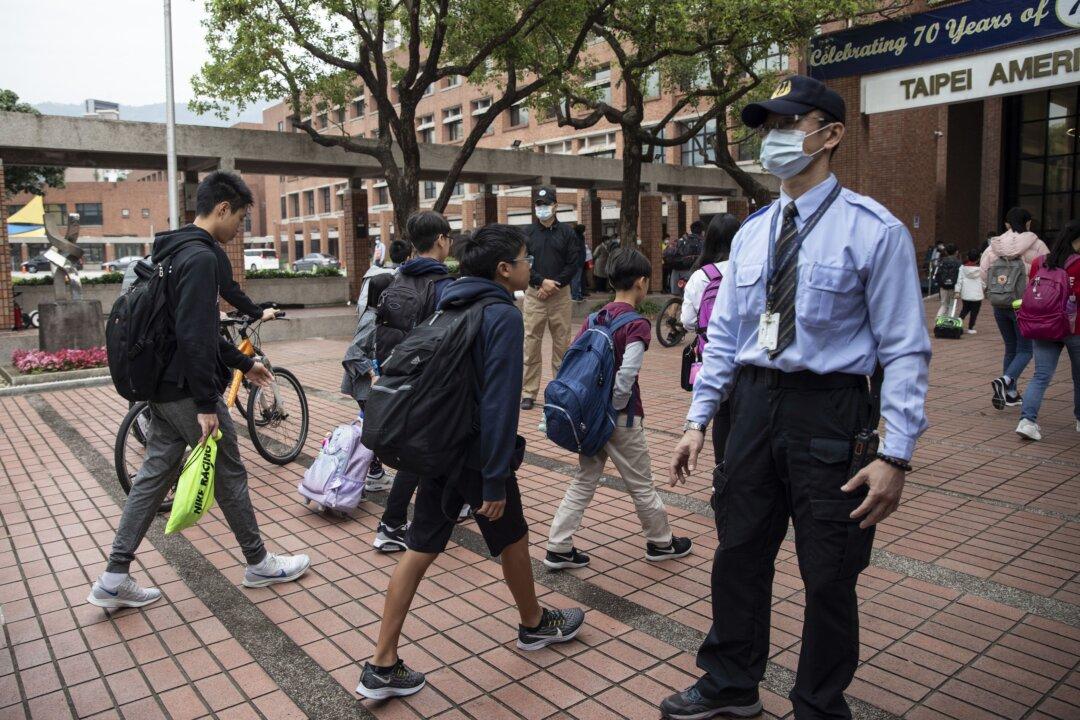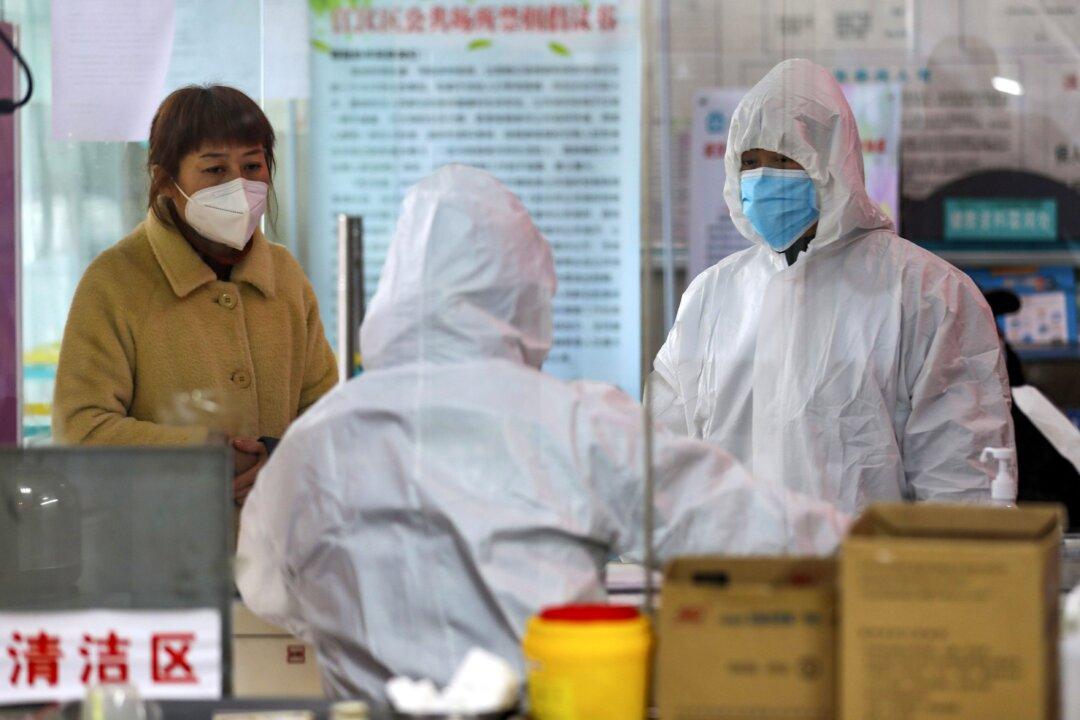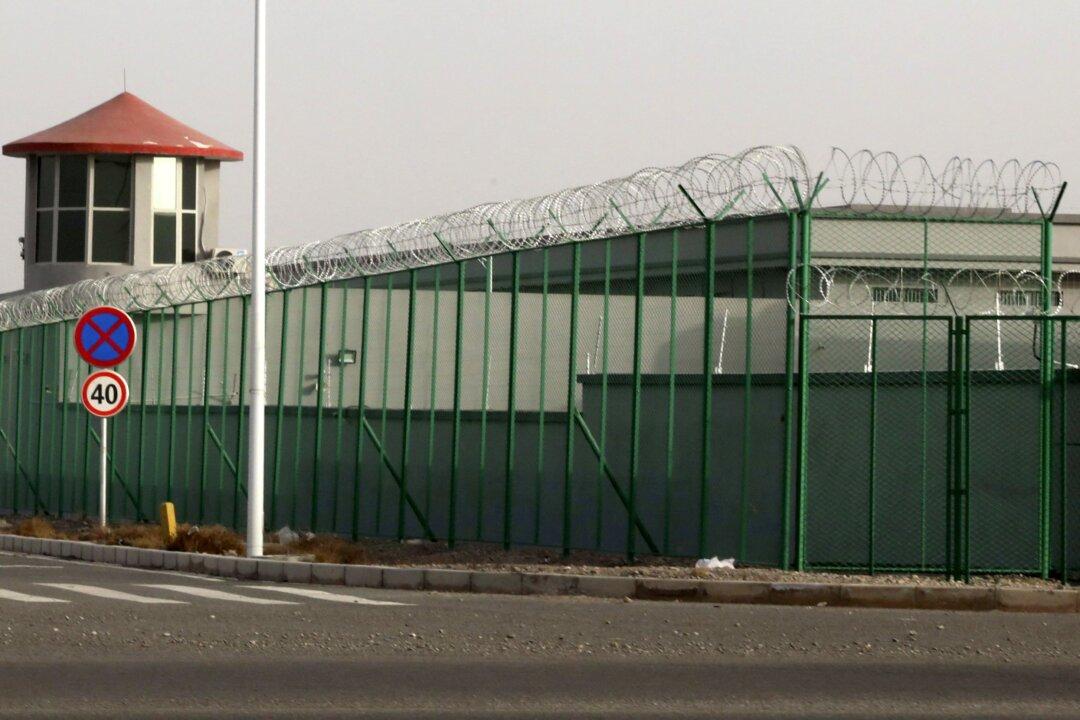Vladimir Putin was snubbed at the G-20 meeting in Australia by virtually every leader over his repeated violations of Ukraine’s territorial integrity. This would have caused a less-pugnacious Russian president to reflect on his long-demonstrated contempt for international covenants intended to build a more peaceful and prosperous world.
When confronted by Canada’s Prime Minister Stephen Harper about Ukraine, Putin repeated his serial falsehood by denying the occupation. He left the conference prematurely, seemingly disdainful of other participants despite claiming otherwise in a subsequent Moscow press conference.
Before the G-20 meeting, Putin had sent Russian aircraft close to Canada, the United States, U.K., Denmark, and the Baltic states. Four Russian warships crossed international waters near Australia. Russian troops without insignia on their uniforms again crossed into eastern Ukraine with 32 tanks and 16 howitzer artillery systems on Nov. 7, in violation of the Minsk truce agreed to by Putin in September. Crimea now holds tens of thousands of Russian soldiers.
German Chancellor Angela Merkel, the European leader with the best relationship with Putin, said after the G-20 event that Russia was “violating the territorial integrity and sovereignty of Ukraine.” Having long respected Russia’s concerns about Ukraine moving closer to NATO, she argued it was “simply not acceptable to forbid a country” to sign a trade agreement with the EU. The German news magazine Der Spiegel added, “(She) believes that what Putin says and what Putin does have long since diverged.”





